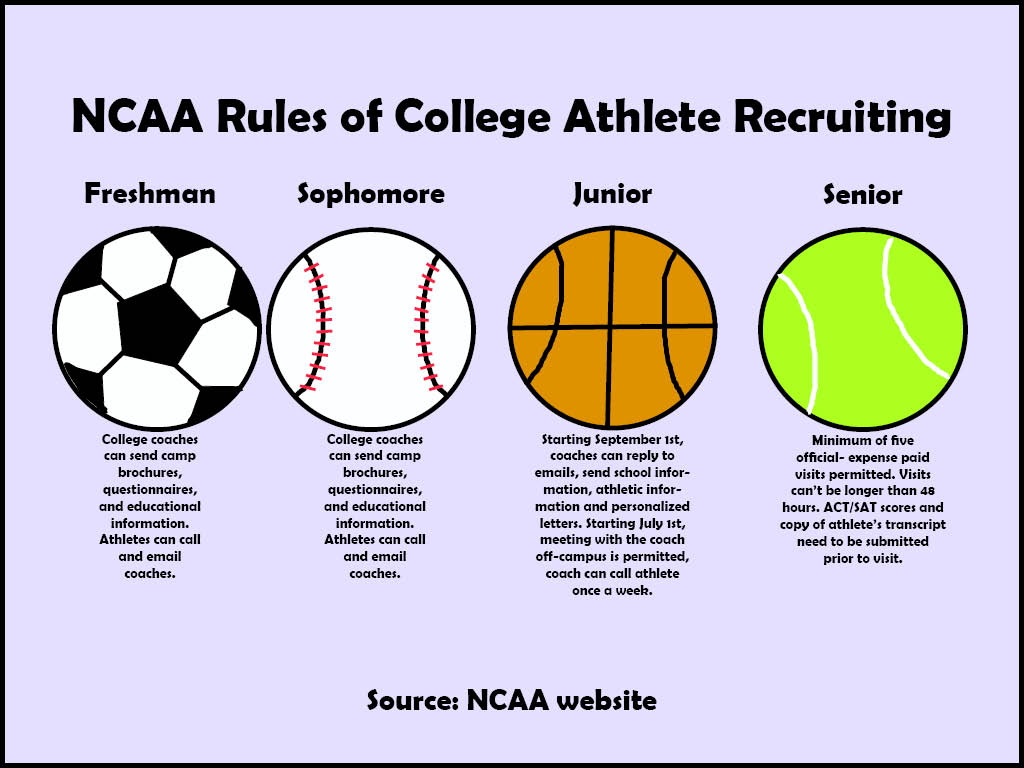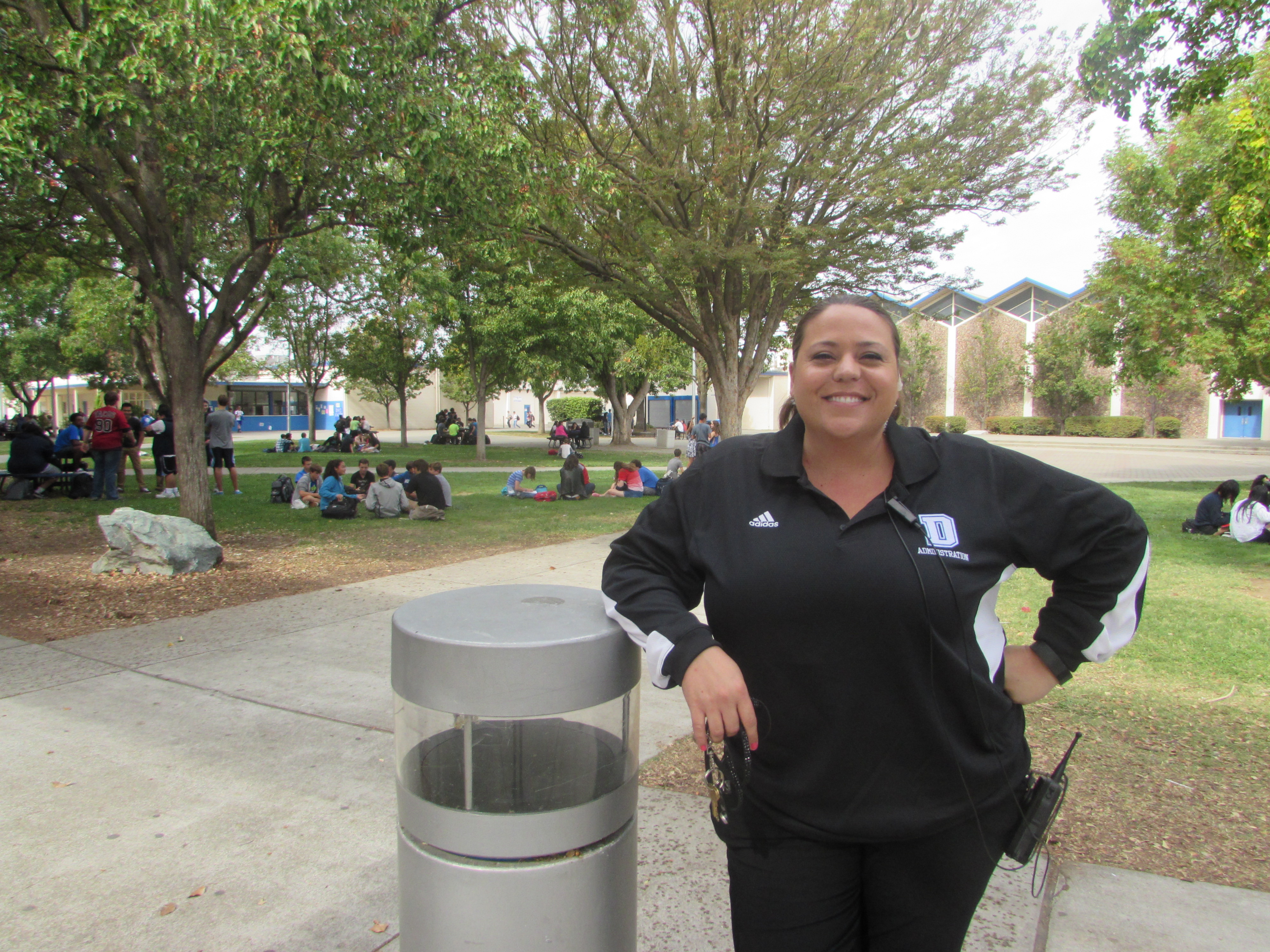How safe is data security at DHS?

Bluedevilhub.com Staff–
Adobe, Yahoo, Target and several other corporations suffered large scale security breaches in 2014. Online security expert Brian Krebs reported that the Target breach alone resulted in the theft of 40 million credit and debit card numbers, as well as 70 million reports containing other personal information.
These huge breaches occurred in systems previously deemed impregnable, which begs the question: could this ever happen to Davis High?
DHS has approximately 1,700 students and is therefore on a far smaller scale than these massive corporations, but the school does store information online. According to head counselor Courtenay Tessler, information such as student transcripts, standardized testing scores, health history, discipline records and attendance is stored within the Aequitas Solutions program Q. Demographic and emergency information is also kept within the program.
This data is available to district faculty in varying degrees of access. Administration has the highest clearance.
District experts says the data is safe. According to Bob Kehr, manager of technology support for the Davis Joint Unified School District, there has been only one breach in information security in recent years.
In that instance, a student published the login information of other students on an external webpage. The situation did not reflect a flaw in the security system and the webpage was shut down within days.
Kehr explained that the student information accessible through Q is protected by a firewall, a virtual barrier designed to block unauthorized access.
The data is hosted internally, on a district system which is independent from the system that hosts Q. The separation of the district and online systems makes the data very difficult to obtain without permission, since a breach in the web system would not compromise the district system.
Aequitas and the district are also working constantly to ensure that the system is secure and operational at all times.
“We try to make sure that vulnerabilities are detected and dealt with as quickly as possible,” Kehr said.
Although the data is safe from outside access, some students were surprised and troubled when they learned about the types of information available to those within the district.
“I find it disturbing that teachers might have access to things like students’ mental health status, which they might want to keep private,” sophomore Andy Bray said.
Sophomore Frances Quynn had other concerns.
“I think some of that information allows there to be biases against students,” Quynn said. “Students already have judgment coming from their peers, but when teachers know everything there is to know about a student before they even meet them, all of a sudden you have the possibility of judgment coming from teachers as well.”
Counselor Ann Murao, however, has a different perspective. Murao explained that the information she can access on Q helps her get to know the students and therefore understand them.
“I see that somebody’s taking five music classes this year…or that they’ve had pretty good grades but always fail the same subject. And I get to say, ‘There’s a story here. What’s the story?’” Murao said. “I’d prefer to learn that [face-to-face], but most students don’t let me do that.”



